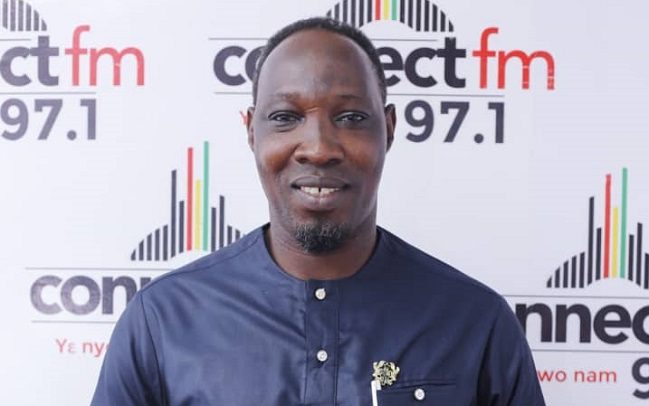The Western Regional Communications Officer of the New Patriotic Party (NPP) has strongly defended the abolishing of road tolls by government, explaining that the country was not realizing maximum income from the countrywide booths.
According to Issa Fuseini, “so if monies from the road tolls were going into individual pockets and people were embezzling the money, what we have to do is to get it out of the way,” he said.
He told DAILY GUIDE in an interview that if he was given the contract to manage the road tolls, the money he would raise monthly would be more than what was realized annually from the toll booths.
The government has proposed to abolish all road tolls, as contained in the 2022 budget presented to Parliament by the Minister of Finance, Mr Ken Ofori-Atta.
The minister said the proposal was to enhance productivity and reduce environmental pollution.
He said it was also meant to reduce the heavy traffic at the booths across the country.
Shortly after the budget presentation, the Minister for Roads and Highways, Kwasi Amoako-Attah, issued a letter instructing the cessation of all road tolls effective Thursday, November 18, 2021.
Although the action received mixed reactions, the Regional NPP Communications Officer thinks that scraping it was the best decision.
He, however, indicated that the only innovative way to block the leakages was to introduce the electronic system if only the collection of road tolls was to be brought back.
He said currently the government is constructing interchanges in certain parts of the country including the Sekondi-Takoradi Metropolis as part of efforts to deal with traffic congestion.
“So I believe that abolishing the road tolls is also part of efforts to further deal with the traffic situation on roads in the country,” he said.
On the issue of loss of employment for the collectors at the toll booths, Issa Fuseini mentioned that the employers of the collectors being the Ghana Highways Authority have promised to reassign them.
He debunked the assertion that there will also be loss of employment for the hawkers around the toll booth since they could go to the various markets in their areas and sell.
He said selling around the toll booths was illegal and dangerous.
“Recently, there was a car crash on one of the booths and unfortunately some people around died” he recalled.
“Aside that the presence of the hawkers led to heavy traffic on the roads and lengthened travel time from one place to another impacting negatively on productivity”, he explained.
Meanwhile, some drivers in the Sekondi-Takoradi Metropolis still believe that the toll system had the potential to generate enough revenue.
From Emmanuel Opoku, Takoradi


